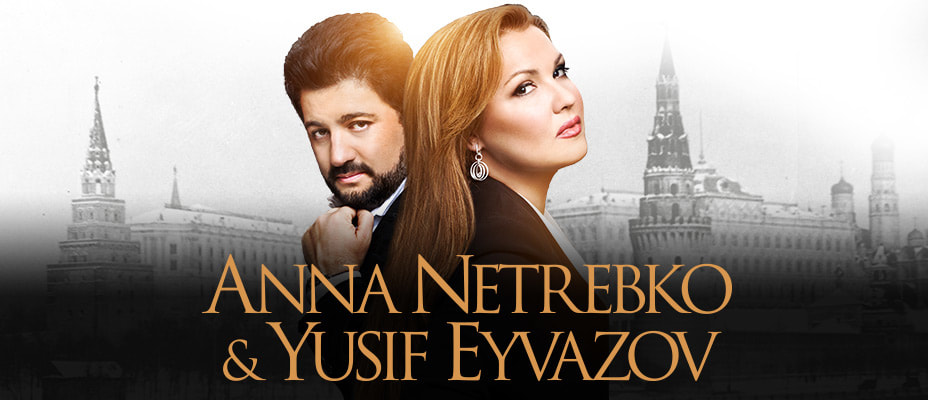This website uses marketing and tracking technologies. Opting out of this will opt you out of all cookies, except for those needed to run the website. Note that some products may not work as well without tracking cookies.
Opt Out of Cookies|
By Olivia Pierson
The night before last, we went to the best concert of our lives so far. The glorious Russian soprano, Anna Netrebko - deservedly the toast of Europe’s classical world - sang us some ravishing opera highlights. She was accompanied by her husband, tenor Yusif Eyvazov, the star baritone Elchin Avazov and the Auckland Philharmonic Orchestra. What a night! What a programme! The evening was a romantic wonderland of some of the most powerful music ever composed – and the delivery was simply stellar. Anna smouldered with pure star-quality. She swished and swanned about the stage like the brightest diva in the firmament, which often created an intentionally comedic effect of way over-the-top feminine charm, as only opera can express. She was utterly beguiling, perfectly proud and obviously enjoying every moment of being at the very height of her immensely talented powers. At the age of 45, her voice has developed into something truly phenomenal; rich, velvety lower tones of controlled strength and soaring tenderness in her higher register which made hearts lift-off into some transcendent realm. Of course, Anna packs a premium punch with her luxuriant volume – able to drown out the orchestra, the tenor and the baritone all at once, with what appears to be little effort (of course, the effort is far from little). Anna’s performance of Catalani’s 'Ebben, ne andro lontana' from the opera La Wally, blew my heart out – I actually thought I might be about to have a cardiac arrest - and that was alright with me. What a way to die! Anna’s husband, Yusi Eyvazov, also exuded huge star-quality. He patted the tears off his face after his wonderful performances of ‘Vesti La Giubba’, ‘E Lucevan le Stelle’ and ‘Nessan Dorma’. The crowd went wild and burst into applause when the first few notes of ‘E Lucevan le Stelle' opened, so happy were they to anticipate what they knew was about to follow, which was fully satisfied. Yusi’s wrenching lament in the final phrases of 'Vesti La Giubba' would have turned the coldest of hardened hearts into warm butter. Everywhere I looked around in the audience people were dabbing their copious tears away. When Elchin Avasov sung Bizet’s jaunty “Toreador Song”, the orchestra had only played the first four notes of the dramatic introduction before the audience burst into spontaneous rhythmic clapping - so wonderful was the sense of palpable enjoyment in that great hall. The Auckland Philharmonic Orchestra was conducted beautifully by Mikhail Tatarnikov. The cohesion of the musicians with the singers was magnificent - and even without the singers, the orchestra treated us to the instrumental Intermezzo of Mascagni’s ‘Cavalleria Rusticana’ - a heavenly morsel of delight. As everyone left the concert hall, laughter, smiles and a strong sense of collective joy were everywhere. A stranger in front of me remarked to his companion and myself, “Well, that has made everybody very happy!” I replied, “Indeed, we happy few.” Though happily, there were much more of us than just a few. The artists created a full and very satisfied happy-house.
2 Comments
|
Post Archives
March 2024
Links to Other Blogs |

 RSS Feed
RSS Feed